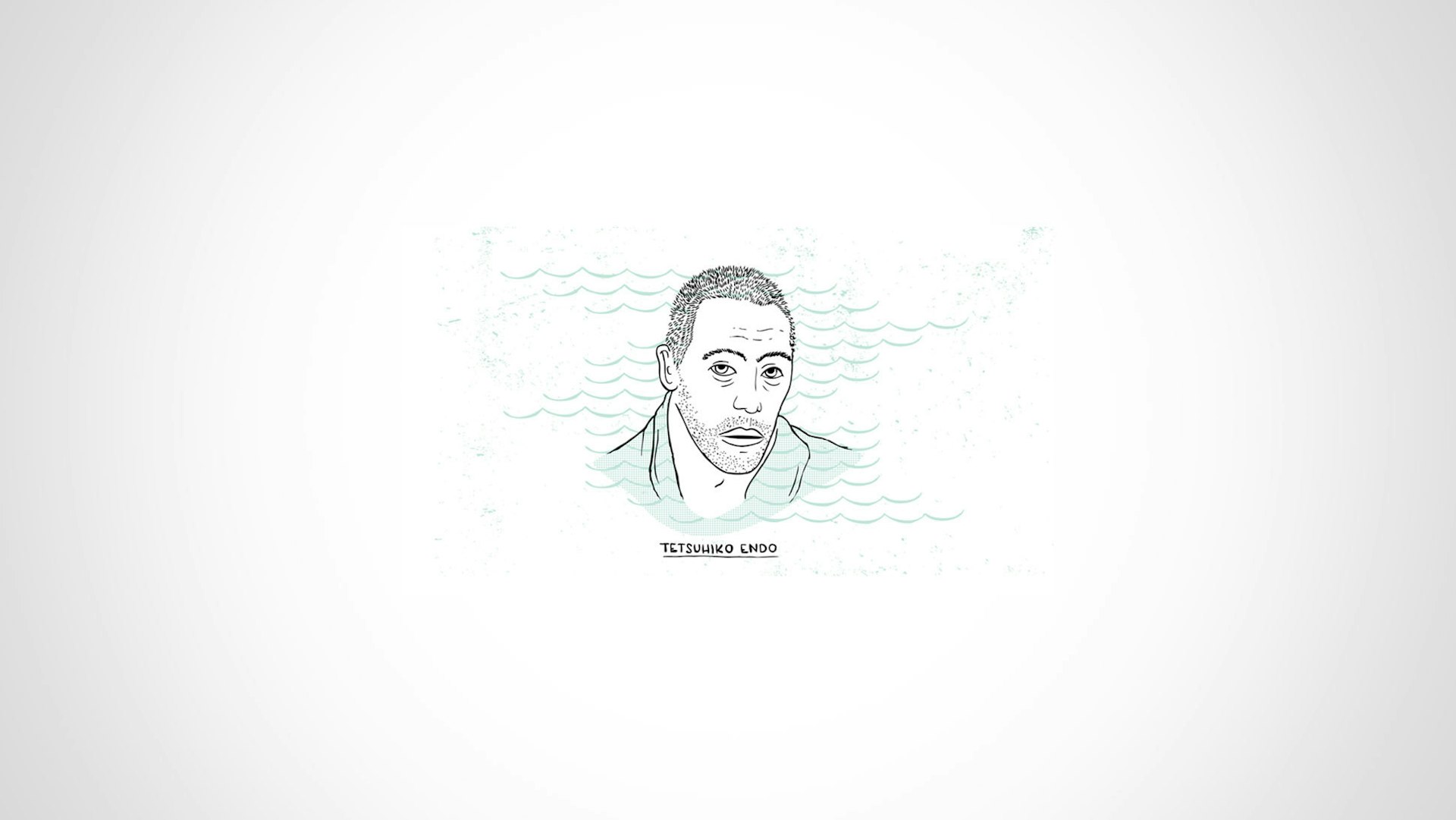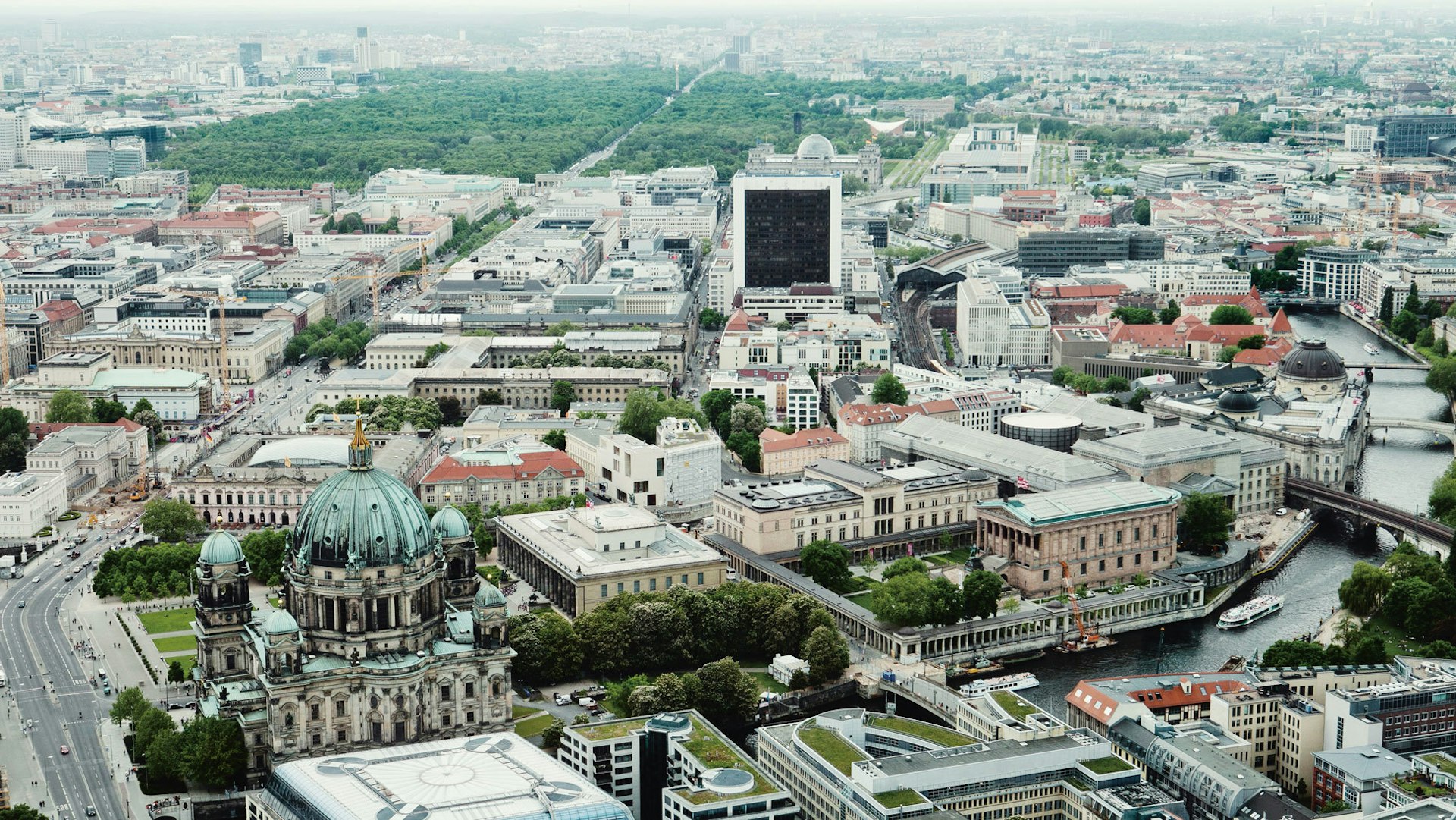
Cycling Safety
- Text by Tetsuhiko Endo
“Some of the cases that we’ve seen in the last few days really make your heart bleed because you can see that people have taken decisions that really did put their lives in danger,” Boris Johnson, interview on the Radio station LBC 97.3.
It’s a cold day in hell when I find myself agreeing with Boris Johnson, but then, last week was exceptional – five cyclists killed in nine days on London streets. A sixth this week. I’ve been out there, too, pedalling to and from work. The thousands of other cyclists that I share narrow strips of road with don’t appear to be doing anything out of the ordinary. Nor are we noticeably chastened by the winnowing of our ranks. Instead, we put our heads down and plough onward, trying to get where we are going as fast as the roads and our legs and guts allow.
London’s mayor, who never met a microphone he didn’t like, went on the radio last Thursday to discuss the issue of cycling safety and said a few things that pissed off the cycling charity CTC, the London Assembly member Darren Johnson, and apparently the Guardian, who reported the story. One of Boris Johnson’s “controversial” statements:
“You cannot blame the victim in these circumstances. But what you can say is that when people make decisions on the road that are very risky – jumping red lights, cycling across fast-moving traffic to get to somewhere in a way that is completely unexpected by the motorist and without looking to see what traffic is doing – it’s very difficult for the traffic engineers to second-guess that.”
Boris is, of course, trying to cover his own ass by pre-empting the accusation that his roads and infrastructure are making commuting unsafe. Pass the buck, move on to the next interview. But despite his obvious political manoeuvring, he makes some fair points: If you have ever taken to London’s roads, on a push bike, motor bike, or car, you have probably witnessed cyclists behaving in the way he describes. I know I see people like this every single day. Hell, I’m guilty of doing all the things he mentioned on occasion and a few more besides; jumping lights, weaving through traffic and generally being cavalier with your own well being are fairly common behaviours for bikers in London, and in large metropolitan centres around the world. To behave as if this sort of riding is not part of the reason that cyclists are accidentally run down from time to time is either deluded or outright dishonest. After all, one of the very reasons that many of us cycle is exactly to feel the rush of freedom that comes from moving unencumbered through city traffic.
On the other-hand, it would be equally dishonest to paint the entire biking community with this brush; there are certainly many who ride conservatively and competently and abide by all of the laws of the road. This is not about victim blaming; none of this is to say that the people who have been killed this year did so via reckless riding. It would be presumptuous – and mean-spirited – to judge the injured, or the dead, in retrospect. But there are enough people who routinely flout the laws that morning and afternoon commutes are basically a free-for-all. Whatever the laws may be, the de facto rules of road riding are based largely on improvisation, reflexes, and at times, sheer luck.
London drivers are also, in a word, despicable. I have never been to a First-world city where drivers communicate less while taking more liberties. The secret of New York’s god-awful cacophony of 24-hour honking is that it is also the sound of drivers communicating with each other, not always in the most friendly manner, but communicating in the lingua franca of people who realise they are all in a bad situation together and wish to get out of it as expediently as possible. Not London. Many drivers here prefer to drive recklessly in utter silence.
I hope, by now, that a picture is emerging of London traffic, not of vicious drivers and meek, exploited cyclists – and certainly not the other way around – but of thousands of slavering degenerates thrown together en masse twice a day, and expected to cooperate.
Perhaps this is exaggerated, but once you witness your first cyclist pop out the earphone from his blaring Mp3 player to take a phone call as he rides down Holborn while being overtaken by a bus being overtaken by a car being overtaken by a another cyclist, you will perhaps humour my hyperbole.
Of course, it’s all media catnip. Various pundits have come scurrying out of the woodwork to dust off their most cherished tones of umbrage and take up the cause of outraged cyclists. This is, admittedly, better than blaming cyclists for dying, but it normally takes the form of pandering or self promotion, or both. Charles Montgomery promoted his most recent book by reiterating the argument that street design makes commuters behave recklessly. Christian Wolmar based his argument, whatever it was, on a TED talk, so I just stopped reading. The basic message in all of these is that someone who has been run over by a five tonne vehicle has been wronged. Way to go geniuses, you have just stated the obvious in your first paragraph then spent another 700 words patting yourself on the back.
Let’s try something a little more difficult here: let’s examine the problem without being self righteous about it. Above the ugly spectres of cyclist entitlement, commuter callousness and public sector politicking and penny pinching, London was never designed for cars, nor for that matter, bikes. We are living atop the bones of a city whose foundations and layout stretch back, in a fantastic tangle, to at the least the great fire in 1666 that leveled many of the wooden structures of the city and made way for an era of brick, stone and eventually concrete. To pretend that there is a magic bullet that will instantly turn the chaos of streets originally designed for pedestrians and horse carts into thoroughfares that easily accommodate busses, cars, motorbikes and cyclists is myopic in the extreme. It will take many years and a veritable facelift of the city to iron out many of its current transport issues. Of course we should move in that direction, but we also need to accept that change will be slow.
Meanwhile, the debate about making the most vulnerable on these streets – the cyclists – safer has taken on the tinge of a school-yard argument in which each side ignores its own faults in favour of evincing the most righteous indignation in the public eye. The politicians blame the cyclists who blame the drivers who blame the politicians. What no one, you will notice, is doing, is accepting a bit of blame for themselves. The politicians aren’t willing to admit that their bike lanes, where they exist, have many problems and need to widen and grow as the city’s cycling population has widened and grown. The drivers won’t accept that they have to be more vigilant when sharing road with people totally exposed to collisions. The cyclists themselves adamantly refuse own up to the fact that many of them ride like psychopaths. Each screams over the inflated blabber of the others about the ways that their own rights are being infringed upon instead of asking how they might work together to ensure more safety for all.
I don’t expect anyone to admit that they are behaving like an idiot during their daily commute, but I do think we can all quietly do better. Cyclists have the most to gain by easing up on the entitlement because when there is an accident, regardless of who’s at fault, we’re the ones who die. All the righteous indignation won’t bring back the six people lost in the last fortnight. If we are serious about getting safer let’s stop pointing fingers and start looking for ways that we can start fostering more communication on the road.
Got an opinion? Tweet us your thoughts!
@huckmagazine / Tetsuhiko Endo: @jacknastyface
